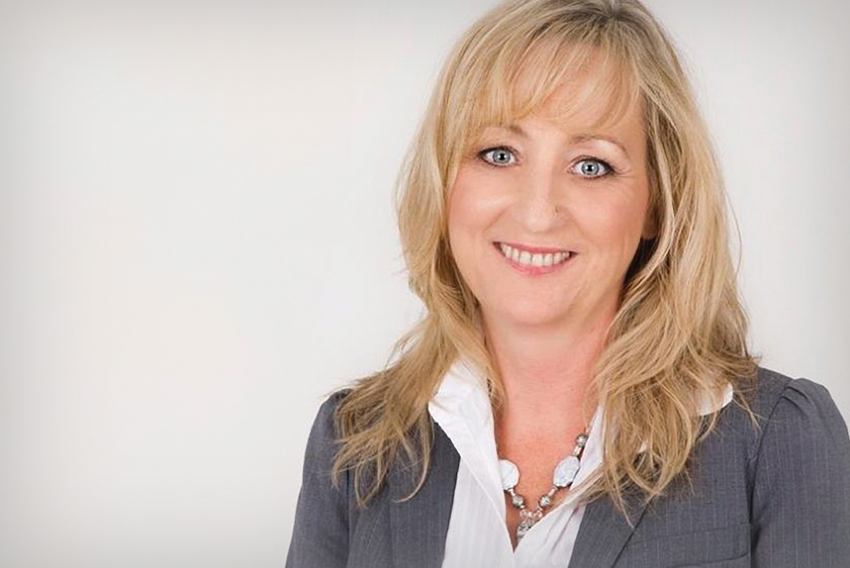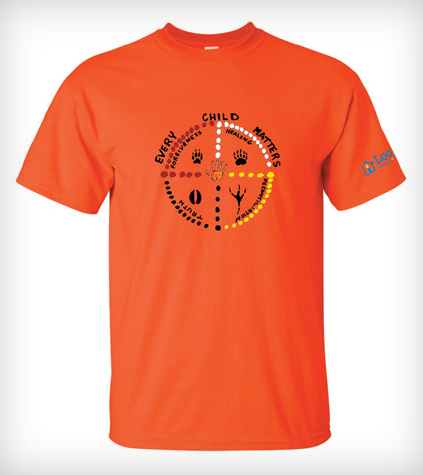Reprinted from the Is It Safe to Be Me? Creating inclusive and accessible workspaces issue of Visions Journal, 2024, 20 (1), pp. 18-19, 30

As a longtime human resource professional, I apply the principles of justice, equity, diversity and inclusion (JEDI) in the work we do at Lookout Housing and Health Society. In 2020, Lookout founded a JEDI Committee to serve as a platform for discussing and addressing all these issues together, throughout the organization. To us, JEDI is not just a moral obligation. It is integral to our success.
The JEDI committee provides a forum for consultation, feedback and discussion on workplace matters of JEDI and anti-racism related to our workplace. Celebrating inclusiveness and diversity internally, as well as in our service work with guests, is one of the best ways to foster open-minded culture. Our strength lies in the perspectives, experiences and backgrounds of both employees and guests.
Lookout's mandate is to provide housing and support services to people with few other options, and we are dedicated to creating a respectful, inclusive environment where every individual can contribute fully to our shared objectives. To share how these principles can help other organizations thrive, below I describe each and connect them to our work at Lookout.
Justice at Lookout is about justice-oriented services that work towards systemic change and address root causes of inequality, like poverty, discrimination, oppressive policies, overt racism and lack of access to services, housing and healthcare. Justice means dismantling systemic barriers that prevent marginalized groups from accessing necessary resources and support. Lookout is committed to recognizing and rectifying historical and ongoing inequities that have disproportionately affected Indigenous peoples, racialized communities, 2SLGBTQ+ individuals and other marginalized groups.
Equity at Lookout is about going beyond a general idea of equality. Equity recognizes that different people and communities have different needs and starting points. It involves creating tailored interventions that address these diverse needs, ensuring everyone has the resources and opportunities to thrive.
An equitable approach at Lookout means working to reduce disparities in access to services. Staff are immersed in cultural diversity through the clients we serve and take great pride in celebrating diverse cultures at each of our sites. We have menus representing different cultures and identify programs that highlight cultural artwork. It brings a big smile to our faces when we see our staff and guests make bannock for the very first time—everyone benefits.
Diversity means honouring and respecting collective staff diversity, with a focus on inclusive, trauma-informed language. We also empower people from diverse backgrounds to become part of the team. A diverse Lookout is better equipped to address the unique challenges faced by our most vulnerable communities.
The JEDI Committee developed Lookout's diversity statement: "Lookout Housing and Health Society is committed to empowering people from different races, gender, age, religion, identities and unique experiences. We welcome everyone from diverse backgrounds and encourage diversity that fosters an inclusive environment." As we welcome clients from diverse backgrounds, our organizational environment must reflect anti-racism, reconciliation and JEDI principles.
Inclusion means creating environments where all individuals feel welcomed, respected and valued. This means services must be designed and delivered accessibly and affirm everyone. Inclusive services at Lookout actively seek input from the communities we serve, involving them in decision-making processes to ensure services are relevant and responsive.
This might include:
-
using inclusive language
-
using a trauma-informed lens when communicating
-
providing interpreting services (for non-English speakers)
-
ensuring physical accessibility
-
creating safe spaces where marginalized individuals can express needs and concerns without fear of discrimination or judgment
-
regular staff and guest surveys
For me, JEDI is about a sense of belonging and feeling valued regardless of position, status or heritage. If we can create a culture where guests, clients and staff feel the same way, I believe we can make this ever challenging world a better place. The most rewarding part for me is to be included in diverse cultural celebrations.
Indigenous representation in JEDI activities
In alignment with the Truth and Reconciliation Commission's Calls to Action, we recognize the need to address historical and ongoing impacts of colonization on Indigenous peoples. We’re dedicated to implementing practices and policies that respect and honour Indigenous cultures and perspectives. This includes celebrating traditional values of our Indigenous guests through ceremonies like drum circles, smudging and having accessible Elders for consult.

Lookout held a t-shirt design contest in 2022. Two of our Indigenous guests designed a t-shirt for Lookout to create awareness of the impacts of intergenerational trauma and promote the truth that every child matters. Our employees proudly wear it on National Indigenous Day and other days throughout the year.
The t-shirt design, shown above, centres on the medicine wheel and the four colours, which are meant to be inclusive of all nations and peoples:
-
The orange handprint represents missing, murdered and Indigenous women and children
-
Paw prints represent the protectors
-
The four stones in the middle of the design represent the four seasons
-
Coloured stones represent emotions, spirituality and physical and mental balance
-
The 12 stones represent the ancestors
Red Dress Day is dedicated to honouring and raising awareness for missing and murdered Indigenous women and girls. We show solidarity by hanging red dresses and facilitating cultural art projects. This also serves as a public call for justice and remembrance. The photo accompanying this article captures our guests creating artwork to symbolize and bring awareness to Red Dress Day.
JEDI and internal change
The JEDI Committee conducts annual and ongoing assessments of all Lookout policies and identifies policy and training gaps. In 2022 we won a grant from the Federation of Community Social Services of BC to put staff through specialized equity and reconciliation training. Our staff are comfortable with concepts like unconscious bias and cultural competency, but training increased their ability to apply it to real-life situations.
Lookout has also been recognized as a finalist by the Charity Village Awards for Best Non-profit Employer for Diversity, Equity and Inclusion. This proves there's a place for everyone at Lookout! It may seem like establishing a JEDI Committee is a lot of work, but the benefits outweigh the effort. We've seen increased staff engagement, increased guest satisfaction and an overwhelming sense of community. JEDI at Lookout is a force for good!
About the author
Terri is a leader in the non-profit social services sector. She serves as People and Culture Director at Lookout Housing and Health Society, where she chairs the JEDI committee. Also a mental health first aid class facilitator, Terri is a believer in compassion, resilience and community whose leadership style is characterized by empathy, strategic thinking and dedication to social justice
